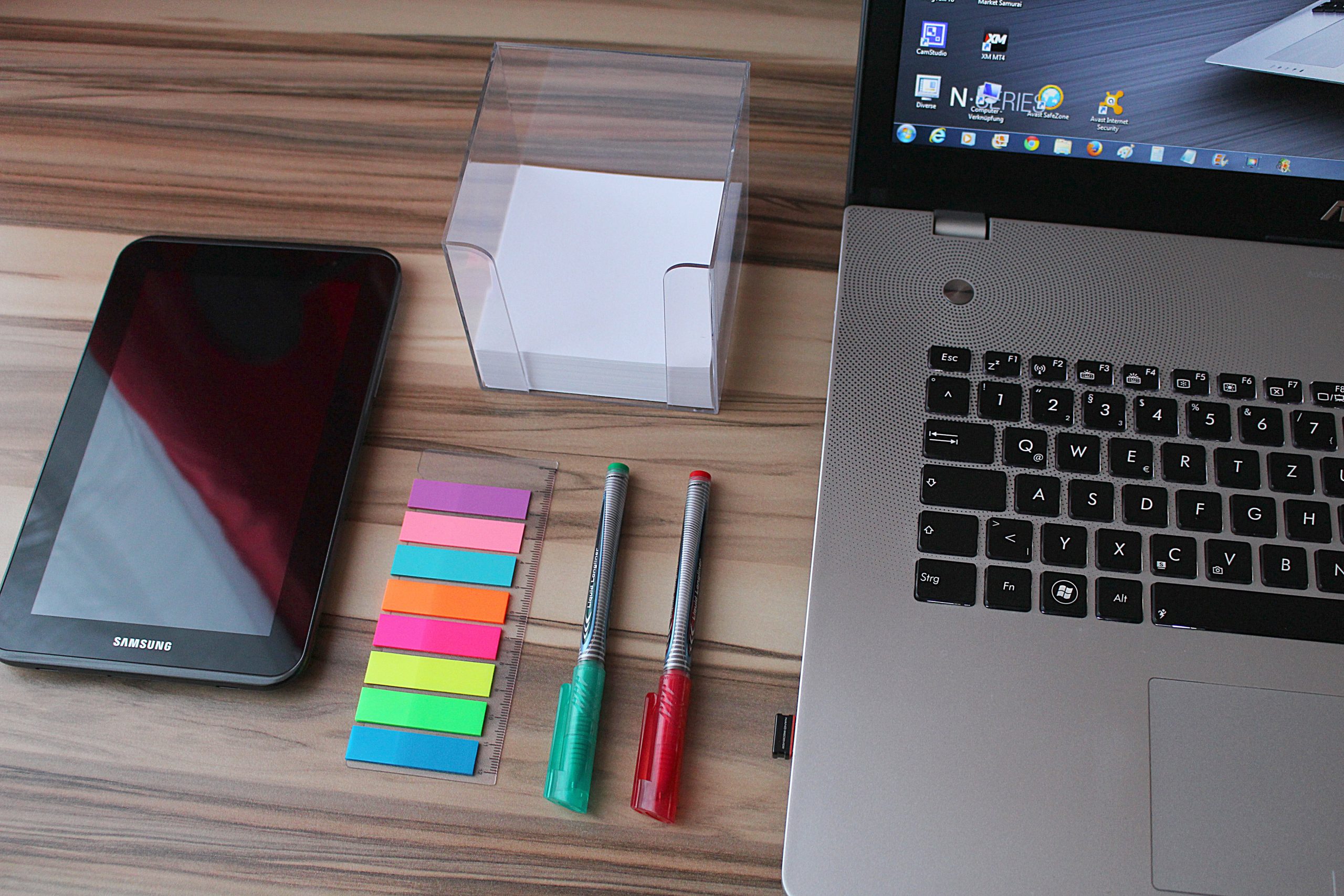You’ve probably heard of Canva — the simple, drag-and-drop design tool that makes creating graphics easy for anyone. But here’s the exciting part: Canva isn’t just for fun or personal projects. It’s a real opportunity to build a profitable side hustle that pays you for your creativity.
In 2025, businesses, influencers, and content creators need high-quality visuals every single day. Logos, Instagram posts, YouTube thumbnails, business flyers — the demand never stops. That’s where you come in.
Even if you’re not a professional designer, Canva gives you all the tools to create amazing designs quickly and confidently. In this article, you’ll learn how to turn your Canva skills into income — step-by-step, from learning the basics to building a steady stream of paying clients.
Why Canva Is the Perfect Side Hustle Tool
1. It’s Beginner-Friendly
Canva is designed for everyone. You don’t need complex software like Photoshop or Illustrator — just drag, drop, and design. You can start today without any design background.
2. The Market Is Huge
Millions of people and businesses use Canva daily, but not everyone has time to design. That means they’re willing to pay freelancers who can create attractive, ready-to-use designs for them.
3. You Can Work from Anywhere
Canva works on any device — laptop, tablet, or phone. You can work from home, a café, or while traveling. It’s one of the most flexible online side hustles out there.
Step 1: Learn the Basics of Canva
Before earning money, you need to master the fundamentals. Luckily, it’s easy.
Start by exploring:
- How to use templates
- Adjusting colors, fonts, and layouts
- Uploading your own images and logos
- Exporting files in different formats (PNG, PDF, MP4)
Spend a few hours on YouTube tutorials or Canva’s official learning center. You’ll quickly gain the confidence to create designs that look professional.
Pro tip: Practice redesigning real-world visuals — like a restaurant flyer or YouTube thumbnail — to improve your eye for design.
Step 2: Choose Your Canva Side Hustle Path
There are several ways to make money using Canva. Choose one that matches your skills and interests.
1. Freelance Design Services
Offer to design social media posts, banners, or brand kits for small businesses or creators. Platforms like Fiverr, Upwork, and Freelancer.com are great places to start.
2. Selling Templates
Create editable templates for:
- Instagram posts
- Resume designs
- Business cards
- E-book or planner layouts
Then sell them on Etsy, Gumroad, or Creative Market. Once uploaded, these designs can bring passive income for months or even years.
3. Content Creation
Use Canva to design visuals for your own YouTube or TikTok channel. Share tutorials or design ideas, grow an audience, and monetize through ads or sponsorships.
4. Teaching Canva
If you’ve mastered Canva, you can teach it. Create short courses or coaching sessions to help others learn — another powerful income stream.
Step 3: Build Your Design Portfolio
A strong portfolio is your ticket to attracting clients. Even if you’re new, you can create one easily.
Here’s how:
- Pick 5–10 of your best designs.
- Organize them by type — social media, branding, or print materials.
- Upload them to a simple website, Behance, or even Google Drive.
- Add short notes about what problem each design solves (e.g., “Instagram ad design for a skincare brand”).
This makes you look professional — and helps clients trust your ability.
Step 4: Find Your First Clients
Getting your first paying client might seem hard, but it’s easier than you think when you follow these strategies:
- Freelance Platforms: Create a gig titled “I will design eye-catching Canva templates for your business.” Use clear samples and keywords in your description.
- Social Media: Post before-and-after designs on Instagram, LinkedIn, or Pinterest. Add hashtags like #CanvaDesigner #FreelanceDesign #SideHustle.
- Networking: Tell your friends, colleagues, or local business owners that you’re offering design services. Word-of-mouth is powerful.
- Communities: Join Facebook or Discord groups for small business owners — they often need design help.
Remember, you don’t need hundreds of clients — just a few good ones who pay consistently.
Step 5: Set Your Prices
Pricing depends on your niche and skill level. Start simple and increase rates as you grow.
Here’s a guideline:
| Service Type | Suggested Price Range |
|---|---|
| Instagram post or story | $5 – $20 per design |
| Logo design | $30 – $100 |
| Template pack (Etsy or Gumroad) | $10 – $50 |
| Brand kit (logo, colors, fonts) | $80 – $200 |
Don’t underprice your work — remember, clients are paying for convenience and creativity, not just design time.
Step 6: Streamline Your Workflow
To make your Canva side hustle sustainable, create an efficient workflow.
Here’s an example:
- Receive client brief or order.
- Research and sketch ideas.
- Design using Canva (use brand colors and consistent fonts).
- Send preview for client feedback.
- Deliver final files and collect payment.
Use folders in Canva to keep projects organized, and duplicate successful templates to save time.
Step 7: Promote and Grow Your Canva Business
Once you’ve done a few projects, it’s time to grow your visibility.
- Create tutorials: Show people how you design in Canva. This builds trust and attracts clients.
- Post consistently: Share your designs weekly to keep your name visible.
- Collect testimonials: After each project, ask clients for short feedback — it’s social proof for new customers.
- Offer packages: Combine design + content planning for higher value. Example: “30 ready-to-post Canva templates + caption ideas.”
You can also build a small brand around your Canva hustle, such as “Design by [Your Name]” or “TemplateHub Studio.”
Step 8: Scale Your Canva Side Hustle
When your design side hustle starts bringing steady income, you can scale it up:
- Create digital products like full template bundles.
- Build a small team of freelance designers.
- Launch an online course teaching Canva design.
- Automate your Etsy or Gumroad store with new uploads monthly.
The beauty of Canva is scalability — your work can keep earning even while you focus on other projects.
Other Articles
How to Balance Learning and Working: Time Management Tips
Learning from Mistakes: Why Failure Is the Key to Success




